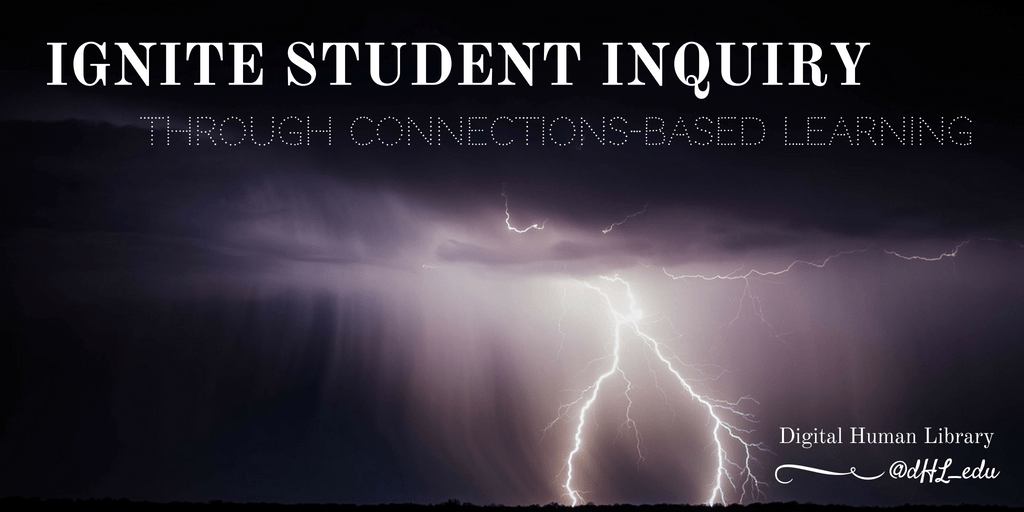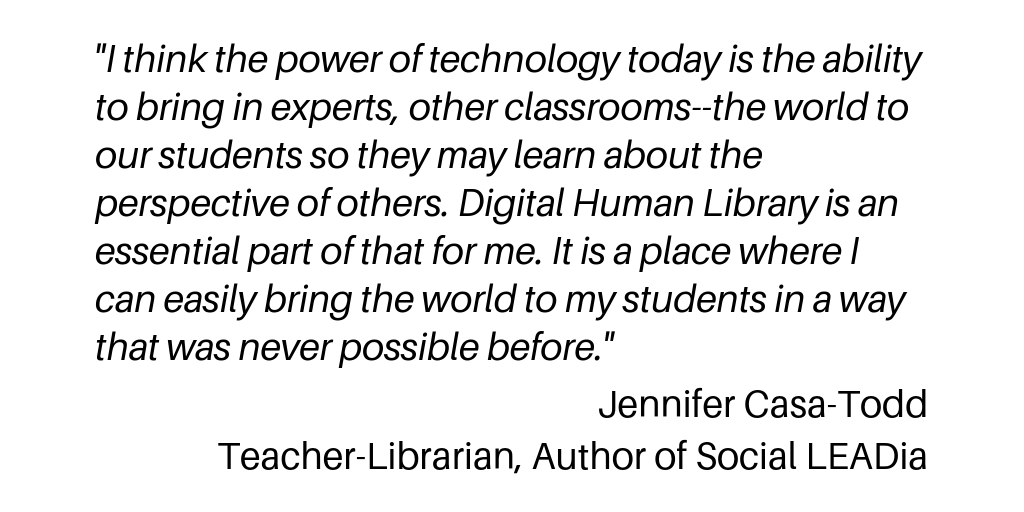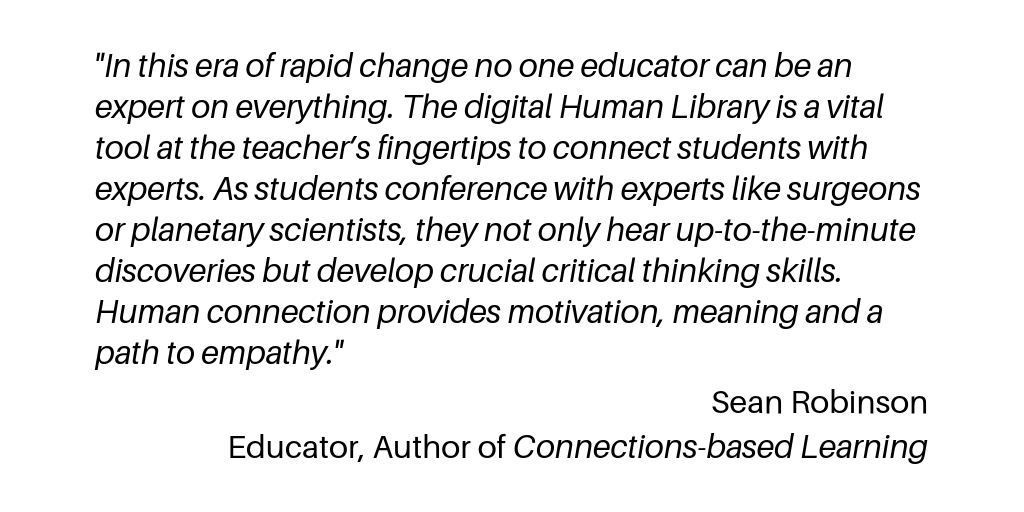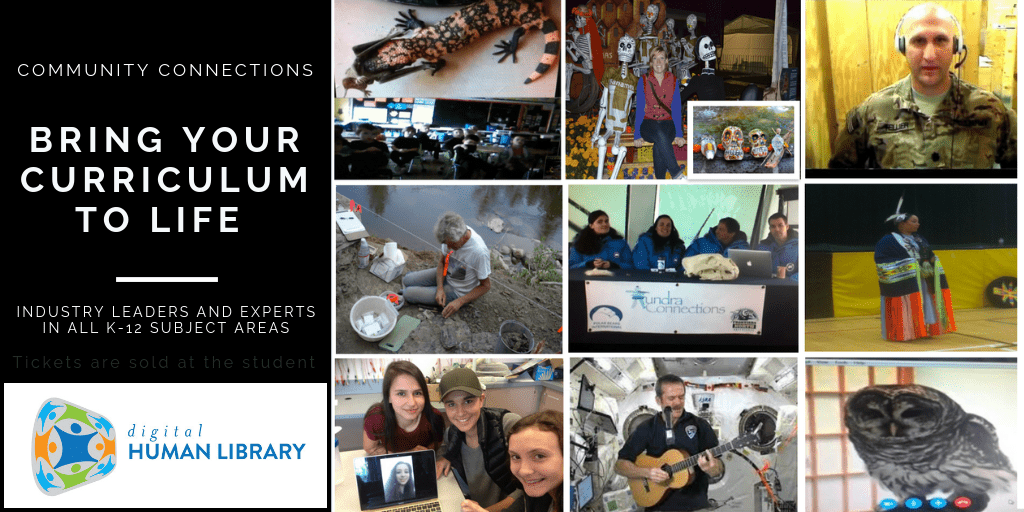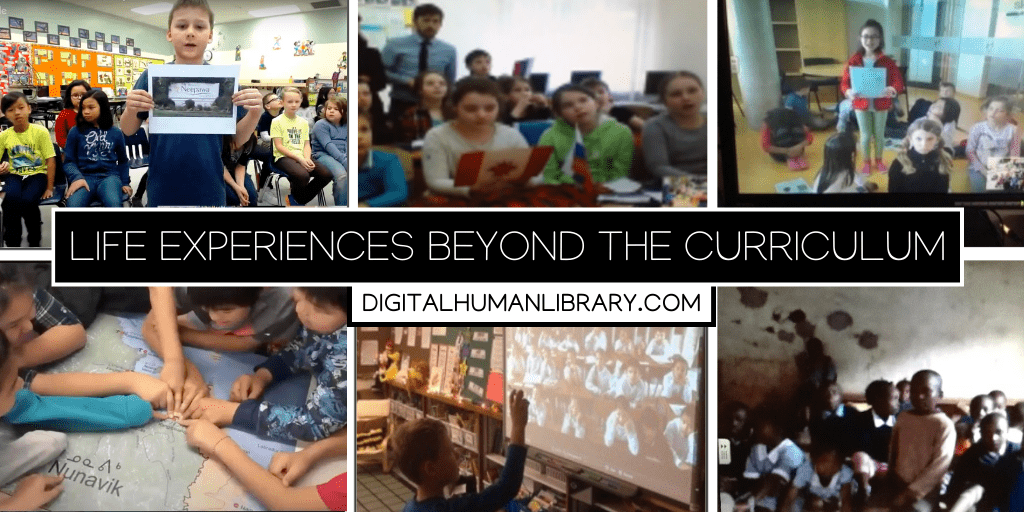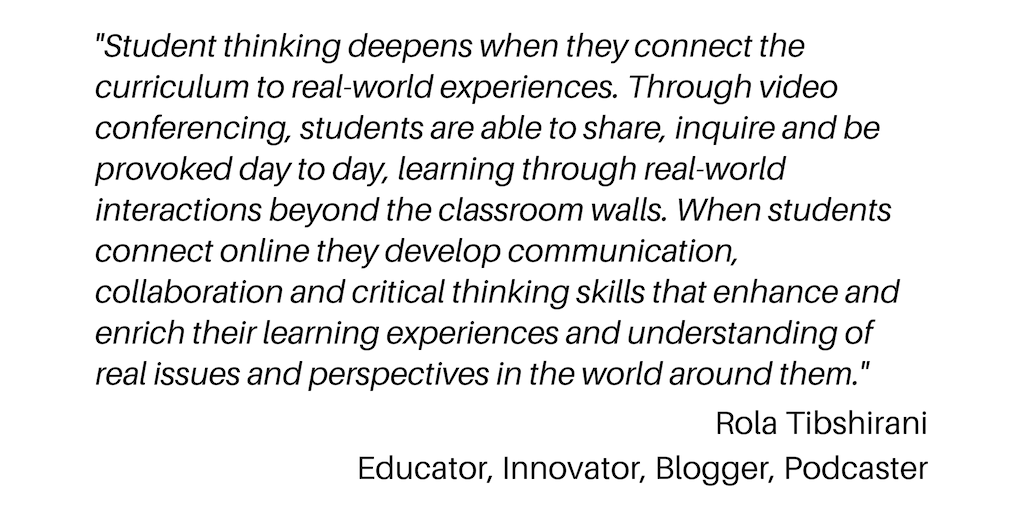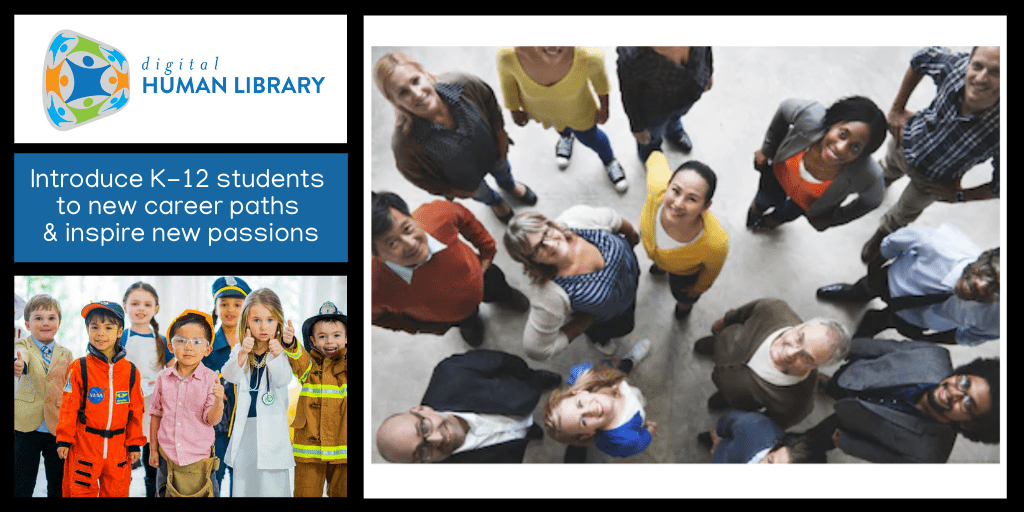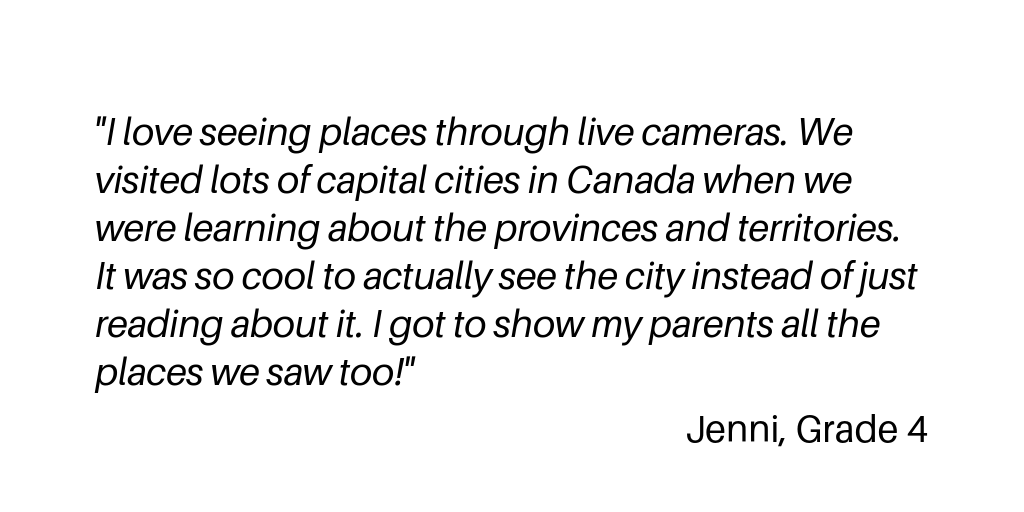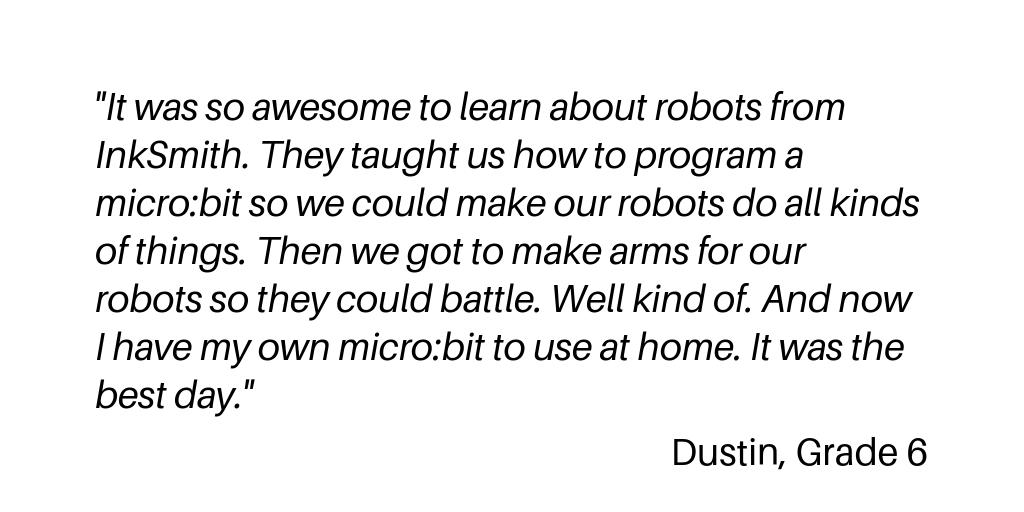Speaker Information
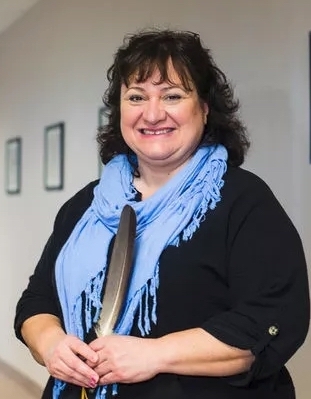
Kelly Brownbill’s spirit name, Wabunnoongakekwe, means Woman Who Comes from the East and she is proud to be Waabizhashi Dodem, Marten Clan. She is a member of the Flat Bay community of the Mi’kmaq Nation in Newfoundland, and of the Three Fires Midewiwin Lodge.
As an educator on Indigenous issues, she has conducted countless cultural awareness training sessions across a broad range of service sectors including key staff from both the provincial and federal governments. She guides organizations in forging more respectful and equitable relationships with Indigenous communities and agencies. For 10 years she filled the role of peer referral agent for Canada’s largest single site employer of Indigenous people. She has also worked with Indigenous communities, both on and off reserve, to develop healthy agency models and to further develop counselling skills with Indigenous clients.
Kelly has twice published Indigenous perspectives in peer-reviewed publications on workplace wellness and addiction and is the Senior Editor and Cultural Advisor for 4 Canoes, a periodical series of books showcasing individual Nations around Turtle Island and Canoe Kids, a series of children’s books.
Kelly honours the wisdom and vision of her elders, both here and in the spirit realm, and acknowledges their guidance. She continues to seek their assistance with her ongoing journey.
Program Information
Foundation to Indigenous Cultural Competency
A Historical Perspective on Indigenous Awareness
Too often we are bombarded with frightening statistics enumerating the social and economic challenges faced by Indigenous people and communities in Canada today. Rather than view these statistics in isolation, Kelly believes that they are better processed when considered through a lens of cause and effect.
Beginning prior to contact and moving into modern society, Kelly will take participants through an introduction to Indigenous culture that compares what was here, what was brought here, and how those very different worldviews collided as the country of Canada was formed.
Participants will leave with a better understanding of Indigenous culture, a better awareness of the challenges faced by Indigenous people and communities, and an introduction to relationship building in order to address the history of assimilation and inequities. The concepts of Trauma Informed Care will be introduced, to assist health care professionals in providing more efficacious supports to Indigenous peoples.
Topics: Pre-Contact, Land usage, Governance structures, Family dynamics, Spirituality, Contact, Post Contact, Colonization of Canada, 1763 Royal Proclamation, Gradual Civilization Act of 1857, Gradual Enfranchisement Act of 1869, Assimilative practices, 1969 White Paper, 1985 Bill C-31, Health, Health care, Tools for working with Indigenous populations
Program Length: 4 hours (2 x 2 hour sessions)
Program Cost: Contact us!
Building Your Cultural Competency
This session builds on the Foundation to Cultural Competency workshop to provide a richer knowledge base, and more tools for people working in Indigenous communities. This presentation assumes some level of cultural competency and allows participants to examine their own experiences and paradigms.
The session begins with small group work entitled “What Would You Have Done”. Real life scenarios are provided for participants to discuss and to examine true interactions with First Nation/Indigenous communities and people.
After a short recap of the learnings from the Foundation to Cultural Competency Workshop, information is then shared on a number of different topics:
- Diversity in Indigenous communities
- Political structures in First Nation communities today, both on and off reserve
- Resurgence of Ceremony – what does it mean when Indigenous people mention sweat lodges, pipe ceremonies, etc.
- Protocols and Relationship Building
- Safety
The workshop wraps up with additional small group work where participants can utilize the information they have learned that day to replicate healthy interactions with Indigenous people and communities.
Topics: Diversity, First Nations Political Structures on Reserve, First Nations Political Structures Off Reserve, Ceremony, Resurgence of Ceremony, Sweat Lodges, Pipe Ceremonies, Smudging, Protocols, Relationship Building, Safety
Program Length: 4 hours (2 x 2 hour sessions)
Program Cost: Contact us!
Allyship
Understanding the history of Canadian/Indigenous peoples, and the effects that history has on Indigenous people today, is only the first step in creating culturally safe workplaces, service providers and societies in general. For those who want to continue to help heal the past and create a better future to leave for our children, we need to look openly and honestly at Allyship.
This program transcends factual learning about Indigenous issues and encourages participants to examine their own actions and motivations. It is an invitation to look at privilege and power and how those things can be used to support marginalized groups, instead of perpetuating an inequitable society.
Participants in this full day workshop should already have a solid background in Indigenous issues in Canada.
Topics: Indigenous History, Allyship, Self Reflection, Privilege, Marginalized Groups, Equity
Program Length: 4 hours (2 x 2 hours sessions)
Program Cost: Contact us!
Booking
Indigenous Professional Learning Programs may be booked Monday to Friday* twelve months of the year. Due to high demand for Indigenization Experts, we strongly recommend booking as soon as possible.
Contact us to book one or more programs for your team!
*Kelly Brownbill has some availability on weekends to speak at conferences and events.
This post is also available in: Français (French)


